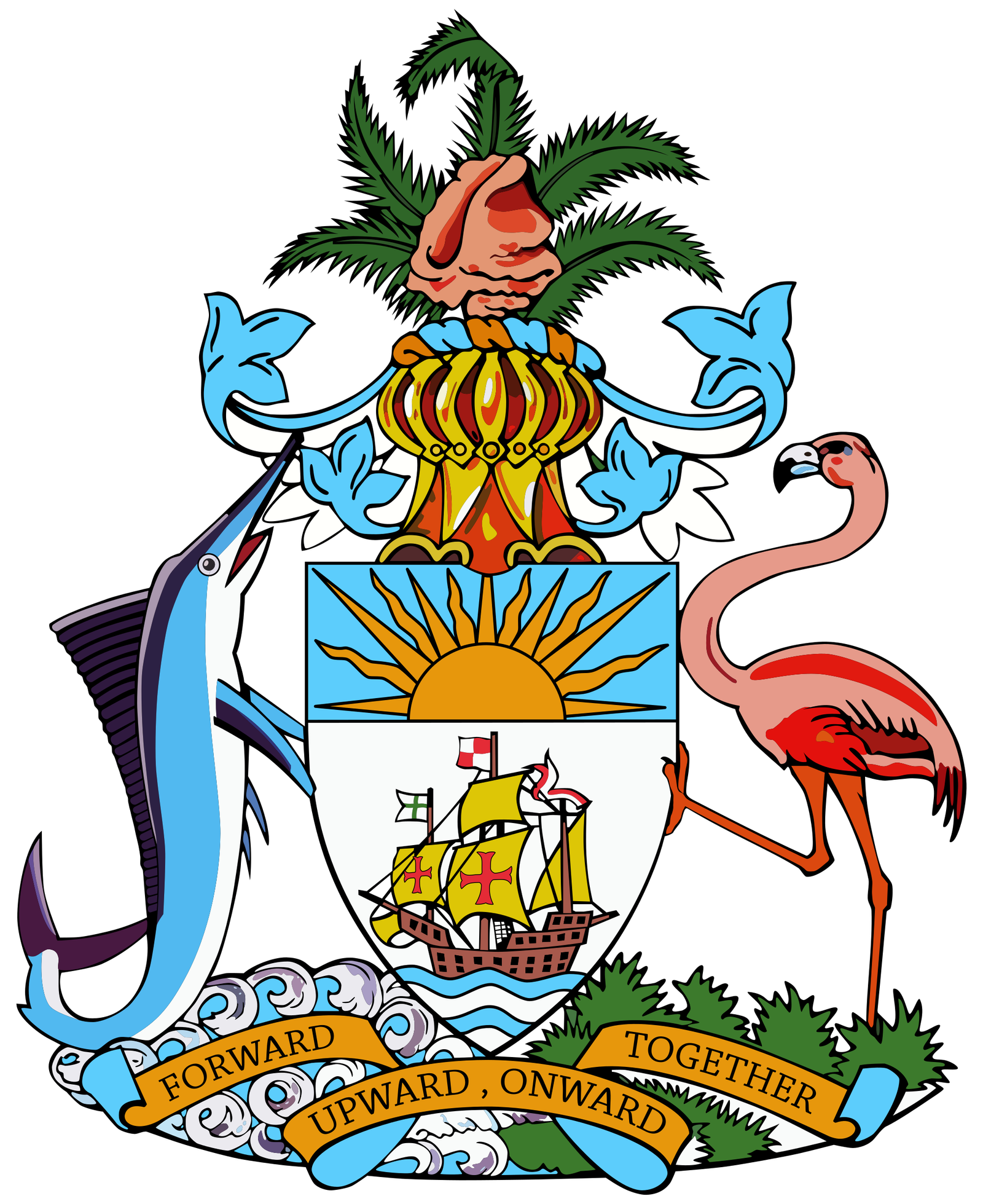The Bahamas passed the latest assessment by the Organisation for Economic Co-operation and Development (OECD), confirming that the jurisdiction is a safe place for financial services and corporate investment activities. The OECD concluded that the domestic legal framework is in line with international standards and therefore “not harmful”, which is a nod to the slate of legislative and regulatory reforms undertaken by the Government since the New Year.
On July 19th2019, the Global Forum on Harmful Tax Practices and Exchange of Information, through the Inclusive Framework on BEPS, approved the latest results of Peer Review of The Bahamas’domestic laws on economic substance, which was conducted by the OECD Forum on Harmful Tax Practices (“FHTP”) at its meeting in June 2019 in Paris.
“This confirmation by the OECD that The Bahamas’ domestic laws are not harmful affirms The Bahamas as a partner in the global fight against harmful tax practices and reinforces to the international community that The Bahamas is a safe place for financial services and other investment activities. Our commitment to the enhancement of transparency mechanisms demonstrates yet again that The Bahamas will not be a jurisdiction that encourages or facilitates financial crimes, including tax evasion and money laundering,” said Deputy Prime Minister and Minister of Finance K. Peter Turnquest.
“The Ministry of Finance will now ensure all participants in the financial services sector, including regulators, industry and other stakeholders are doing their part to monitor fullcompliance with all the provisions of law. The Working Group on Financial Sector Reform will continue to review our legislative framework and engage with the international organizations to ensure the interests of our financial services sector are represented and protected,” said Minister Turnquest.
The FHTP assessment concluded that the domestic legal framework of The Bahamas was not harmful to the international substantial activities requirement standard. The standard requires that jurisdictions have legislation in line with the BEPS Action 5 minimum standard which identifies geographically mobile activities, such as financial services, and that the core income generating activities must be conducted with an adequate amount of qualified employees and operating expenses within the jurisdiction.
Attending the June FHTP meeting on behalf of The Bahamas were Stephen Coakley Wells, Director of Regulatory and International Affairs at the Ministry of Finance and Adrianna Knowles Rahming, Legal Officer at the Ministry of Finance.
In December 2018, The Bahamas enacted the Commercial Entities (Substance Requirements) Act 2018. This law addressed the concern of the European Union that The Bahamas provided a commercial environment with no or low effective tax rates on income, which attracted investments through corporate vehicles which had no substantial economic presence and which did not engage in real economic activity within the jurisdiction. The EU’s assessment of The Bahamas’ substance legislation was conducted in March 2019 and was the basis for the EU to determine that The Bahamas should not be included on the List of Non-Cooperative Jurisdictions for Tax Purposes which was published that same month.
In 2020, the OECD will review the implementation of the new law and the effectiveness of the law in practice.






